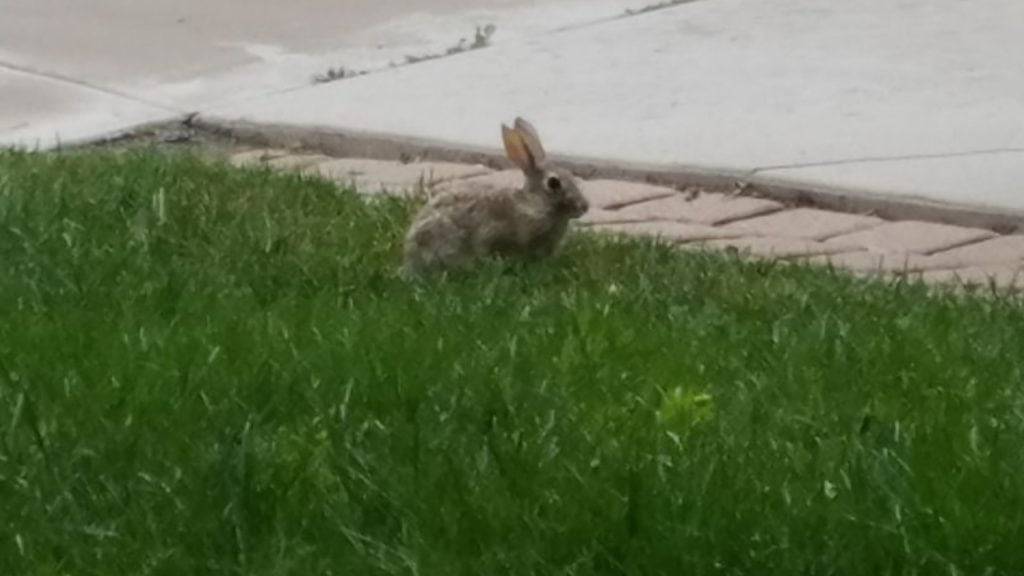PUEBLO – Health officials in Pueblo announced Monday morning the first human case of tularemia this year. Information about the name, age and current condition of the patient is not being released due to regulations protecting patient rights.
This serves as another reminder to beware if you have wild rabbits or rodents on your property. The bacteria is found in the droppings of these small mammals.

Tularemia, also known as “rabbit fever” can be contracted from contaminated soil, contaminated water, or by inhaling bacteria which could become airborne as someone is mowing the yard, blowing leaves, or turning over soil.
Other potential sources of infection include bites from ticks and deer flies.
If your pet shows symptoms of illness including fever, nasal and eye discharge, and skin sores, take the pet to a veterinarian promptly. Tularemia is easily treated if diagnosed early in dogs and cats.
Recommended precautions include:
- Avoid handling wild animals.
- When outdoors near places where wild rabbits or rodents are present, wear insect repellent containing DEET.
- Use a dust mask when mowing or doing yard work. Do not mow over animal carcasses.
- Wear shoes covering your feet when outdoors where dead animals have been found.
- Do not go barefoot or wear sandals while gardening, mowing or landscaping.
- Wear gloves while gardening or landscaping, and wash your hands after these activities.
- Do not drink unpurified water from streams or lakes or allow your pets to drink surface waters.
- Leash your pets when outdoors and keep them away from dead animals.
- Routinely use a tick and flea prevention treatment on pets.
- If a dead animal must be moved, avoid direct contact with the carcass. Wear insect repellent to protect yourself from fleas or ticks, and use a long-handled shovel to scoop up the carcass.
- Place the carcass in a garbage bag and dispose in an outdoor trash receptacle. Wash your hands with soap and water afterwards.
- If you hunt, trap, or skin animals, take additional steps:
- Use gloves that do not allow fluids to pass through when skinning or handling animals, especially rabbits.
- Cook the meat of wild rabbits thoroughly to a temperature of 165°F or higher.
For more information: www.cdc.gov/tularemia

